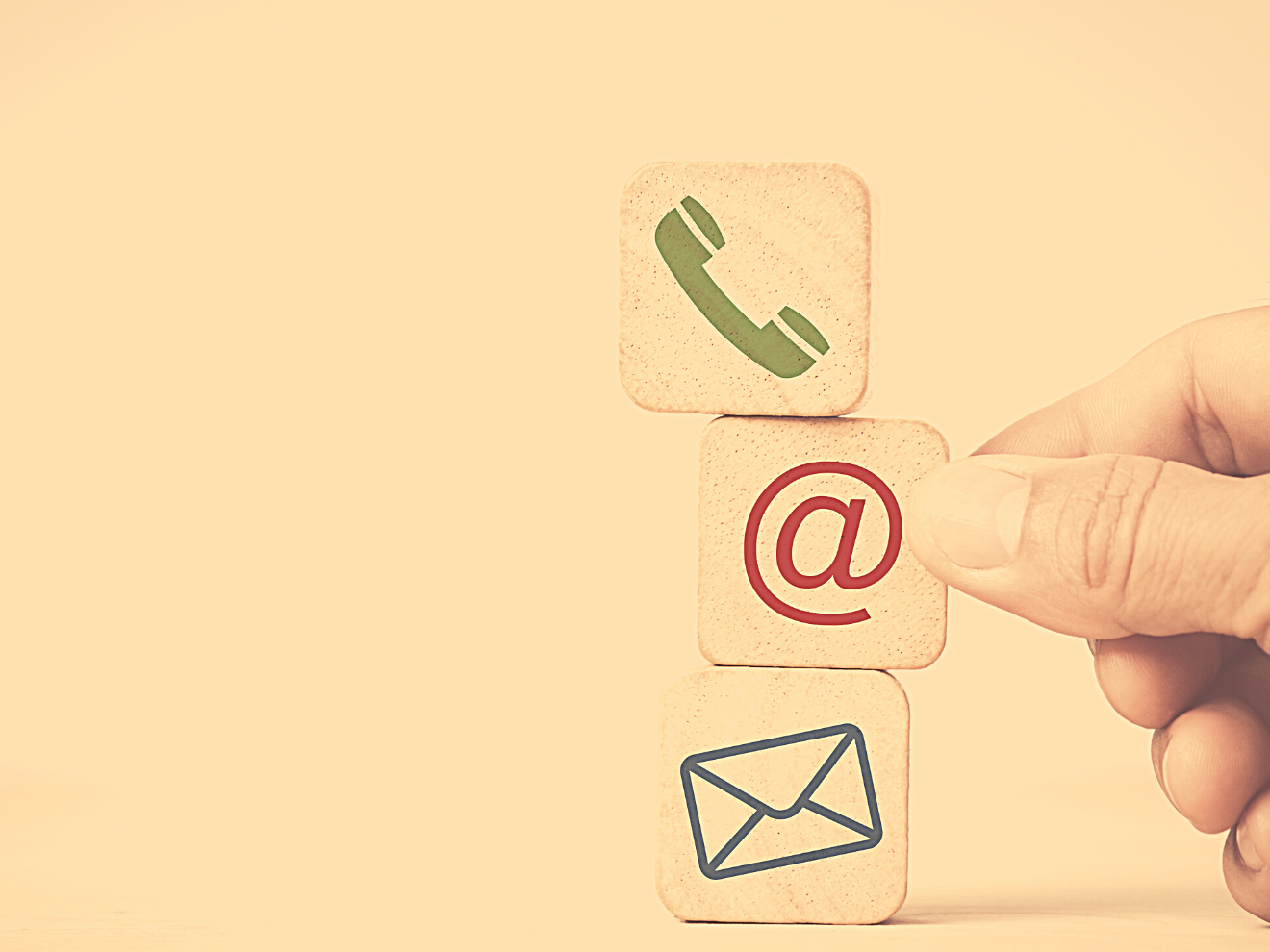In the modern world, especially in the field of eCommerce, everything is decided by the customer. This means that happy customers are the secret to growth.
According to Marketing Metrics, you are up to 14 times more likely to sell to an existing, happy customer than you are to sell to a new customer. In addition, satisfied customers can be a valuable source of referrals for the sales team.
In accordance with these statistics, customer service and customer support not only improves customer experience, but also increases your sales.
By the way, have you ever thought about the difference between customer service and customer support? On the one hand, understanding the difference can be quite difficult since both of these terms are related to customers and their issues.
However, there is a difference. Let's dive into it and find out what the difference is.
Customer service vs Customer support
Both customer service and customer support are customer focused, but they approach helping from different perspectives.
Customer support services range from helping customers plan, install, troubleshoot, maintain, upgrade, to dispose of your product.
The term "customer support" mainly refers to technology companies dedicated to assisting customers with products and services that require ongoing technical support.
Customer support agents must have a thorough knowledge of the products and services offered by their company. Their responsibilities may also include creating Help Center pages and/or articles. Help center pages usually include: FAQ, user manuals, troubleshooting process, use cases, etc.
In addition to being product experts and having professional skills, customer support reps should also have certain communication and people skills in order to be able to communicate effectively with customers.
Customer service can be defined as taking care of customer needs by providing helpful assistance before, during and after the sale of a product. Unlike customer support, customer service focuses on supporting larger, non-technical customer issues.
It includes all possible interactions between a business and a customer aimed at improving the customer experience as well as improving the relationship with the company and its products, while customer support is only a part of these interactions.
Customer service agents are focused on customer acquisition and providing both reactive and proactive assistance. In addition, they educate, recommend, and provide helpful tips to maximize the value of the purchased product or service. This may include acquiring new customers, responding to inquiries across all service channels, tracking customers, collecting customer feedback, and upselling products as needed.
Customer service is a more complex department. The relationship between the customer and the customer service department begins before the transaction takes place and does not necessarily end.
While customer service agents need to have an in-depth understanding of the products or services their company offers, they don't necessarily need advanced technical skills.
In order to provide excellent service, customer service representatives must have a wide range of soft skills. Such as: active listening, empathy, excellent communication skills, the ability to use positive language, conflict resolution skills, etc.
Not everyone defines customer support and customer service in the same way. After all, it's all about providing your customers with the best possible experience.
How does it affect sales?
When customers enjoy interacting with a company's customer service/support team, they may be more likely to make repeat purchases. In many companies, customer service and sales departments work together to improve the customer experience and increase sales.
- Improving customer satisfaction and LTV.
When your customer service reps provide quick and helpful solutions to their problems, and your customers feel valued throughout the experience, it reinforces the positive emotions they associate with interacting with your brand.
This strong, positive relationship with your brand instills a sense of loyalty in your customers as they know they will be treated fairly at all times and that their issues will be resolved if they arise.
In turn, this loyalty translates into undeniably higher customer lifetime value (LTV). According to a Harvard Business School study, on average, loyal customers spend 10 times more than other customers.

- Creating opportunities for cross-selling and upselling.
By creating a personalized customer experience, your representatives better understand the specific needs and goals of each customer. This information, combined with a deep understanding of your product or service, allows your representatives to discuss other offerings that your customer might benefit from.
And if your sales team works closely with customer service representatives, it creates fruitful cross-selling and up-selling opportunities for your sales team.
- Generating new leads.
The quality of your customer service department is a key to your organization’s reputation.
In this age of personalized customer service, this is very important, as 92% of consumers form their opinion of the company on the quality of service. This creates a name that you create for your brand through customer service.
Providing your customers with excellent service encourages them to become not just loyal customers, but also brand advocates who recommend your brand to others.
In turn, the strong brand protection you create among your customers through the efforts of your service representatives helps generate new leads and further lowers the cost of customer acquisition.
Tips to Boost Your Sales
Sales is what every company strives for; so keep in mind that by improving customer service, your sales will increase significantly. You can achieve high sales numbers by using the following simple yet powerful tips:
- Make a good first impression.
People always have an opinion about everything and anyone. Therefore, they will immediately form an opinion about your company even by a simple greeting.
This means that the customer service team should work on a good first impression strategy, showing how trustworthy and reliable your company is. With a polite and helpful approach instead of an aggressive one, the company's approaches and decisions will definitely make a difference to the customer.

2. Reduce customer effort.
People are generally willing to pay more to have good customer service. The whole point is to make it as easy as possible for the customer. Customers will always choose the company with the easiest customer experience, even if the product quality is not the best.
So, remember that the purchase should not take more than a few minutes. Your customers want the process to be as fast as possible. So, make it happen.
3. Don't ignore negative reviews.
Most of the negative reviews go unanswered. An unanswered negative review can damage the brand image. If the company itself responds to a negative review, it is likely to cause a sense of respect in the client. And after that, he is more likely to remain a loyal customer.
Responding to customer complaints will show them that their voices are being heard and that they matter. This will increase their love and loyalty to your company, which will lead to more sales.
4. Know your products.
Obviously, the customer service team needs to know everything about the products. This will lead to a more respected and trustworthy brand. Potential clients will seek advice, and if their questions are answered quickly and intelligently, they will definitely appreciate it.
One of the most common problems that a customer often faces is the inability of the customer support service to offer him the information he needs. Therefore, you should really focus on educating your customer support department with all the information they need so that they can offer appropriate answers to customers.
5. Respond quickly.
Customers are busy and need a quick solution. A quick customer support response is critical, whether it be on social media, email, chat, phone, or other service platform.
Your customer service representatives should have a clear process for responding to each channel, as well as guidelines for resolving common situations. This helps ensure a seamless customer experience and fast resolution of issues.
A good HelpDesk Ticketing System is a key to providing your customers with fast responses and improving their experience. Try HelpCenter app to ensure a seamless customer service/support process.
6. Treat your customer like a friend.
Think about your close friend. How do you start your conversation? Usually you first ask how things are going. Therefore, you should do the same with your clients. Let them feel like part of the family. They will really appreciate it and as a result they will remain loyal customers for a long period of time.
7. Say Thank you.
It is difficult to overestimate the psychological value of a simple "thank you". Customers like to know that they are valued.
Teach your customer service reps to use "thank you" at the end of every interaction with a customer, and to express gratitude via email and other formats when appropriate. It can also be helpful to create customer appreciation programs that include perks such as coupons, referral bonuses, and other benefits.
Conclusion
Are you ready to see your retail sales go up? It all starts with great customer service. Happy customers will stay with you longer, become loyal customers and recommend to their friends, family and colleagues.
Don’t miss the opportunity to increase your sales and improve your customer experience!




